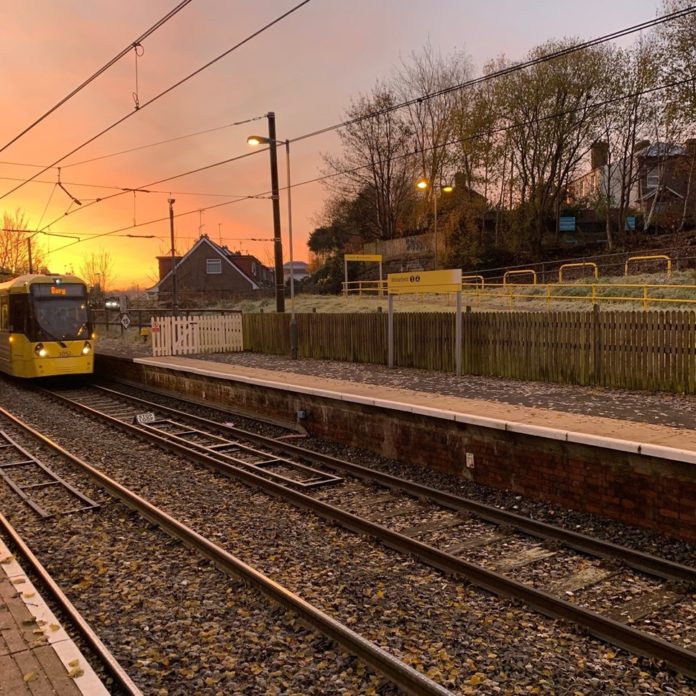The latest proposed Metrolink fares have been revealed with the cost of all single journeys frozen at 2019 prices while on average fares will rise at a below-inflation rate of 2.2%.
The changes, if approved by Greater Manchester leaders later this month, would represent a price freeze on 45% of tickets sold across the network, with 50% increasing by 4% or less. The remaining tickets would see a price rise of 10p – the minimum increase that can be applied.
This will mean that, on average, fares will rise by a below-inflation rate of 2.2%, with previously planned above-inflation fare rises put on hold.
New travel products providing early risers and part-time workers with better value journeys have also been unveiled, ahead of November’s Greater Manchester Combined Authority (GMCA) meeting.
The proposals would see the permanent introduction of a new ‘early bird’ offer for those paying for their travel using contactless. An ‘early bird’ product was successfully trialled last year and proved to encourage people to leave their cars at home and travel earlier, helping to spread demand during Metrolink’s busiest period, reduce congestion, and improve air quality.
Alongside this, based on feedback from the Greater Manchester Good Employment Charter, Metrolink will be trialling a carnet-style ticket, offering less frequent travellers cheaper and more flexible travel choices.
Mayor of Greater Manchester, Andy Burnham, said: “Metrolink is a world-class system entirely owned, managed and run at a local level, and that is why we are able to be responsive to the needs of the travelling public in Greater Manchester.
“We recognise that the cost of travelling is a concern for many people, and that we need to deliver a transport system that is both affordable and fit for purpose.
“This is a broad package of changes that will mean frozen fares and below-inflation caps on price rises for the majority of tickets sold, as well as a small increase to some fares. They’re a reflection of the principles that underpin Our Network – specifically, they ensure we are being accountable, that we can continue to invest in Metrolink, and that our public transport remains affordable, accessible and convenient.”
The move is in recognition of peak-time capacity issues on Metrolink, the manufacturing issue affecting the delivery of new trams in 2020, and against a backdrop of highways improvements set to get underway in the New Year.







